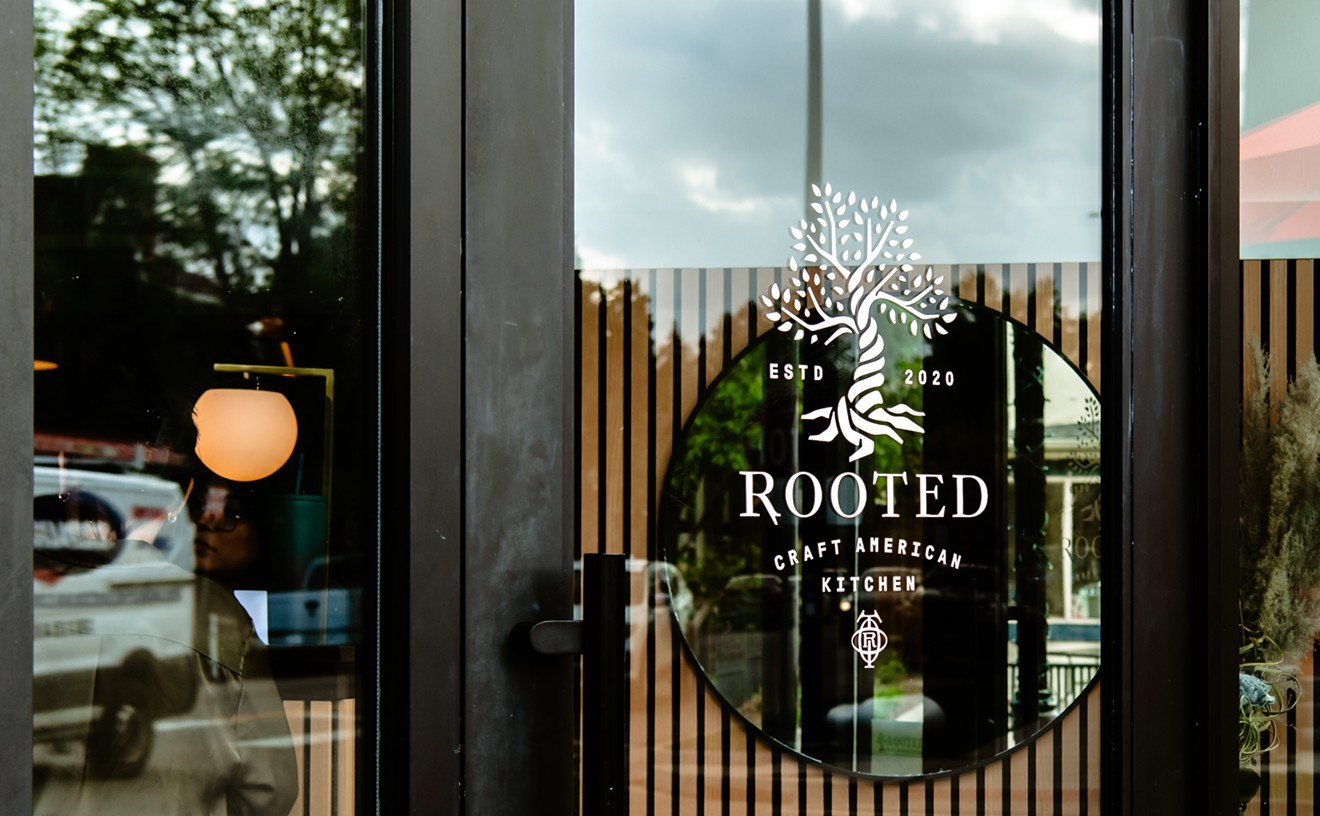At one point in Higher Ground, Vera Farmiga's decades-spanning directorial debut, the actress, playing Corinne, a woman still soaked with lake water after her baptism into an evangelical sect, resembles no less a touchstone than Ronee Blakley in Robert Altman's Nashville: slightly high hair; starchy, sexless, long tunic dress; swaying to the power of His music. Farmiga's film tries admirably, on a minuscule budget, to evoke the spirit of American cinema 35 years ago, the age of Sissy Spacek and Shelley Duvall, an era much more hospitable to serious roles for women than the current one. As reported in a New York Times Magazine cover story on the actress in 2006 (three years before her Oscar-nominated performance in Up in the Air), Farmiga has expressed her disgust with some of the roles she's been offered by setting the scripts on fire: "I stack up all those crass female characters, all those utterly ordinary women, all those hundreds and hundreds of parts that have no substance or meaning, and turn them into a blazing pyre." It's a shame, then, that Higher Ground never really ignites.
Interview: Vera Farmiga On Faith, Madonna, and Mo'Nique
Based on This Dark World: A Memoir of Salvation Found and Lost, by Carolyn S. Briggs, who co-wrote the wobbly screenplay with Tim Metcalfe, Higher Ground roughly covers the mid-1960s through the late '80s. Child Corinne (McKenzie Turner) duly, if perplexedly, attends vacation Bible school, though loses all interest in the Good Book as an adolescent (Taissa Farmiga, the director's dead-ringer kid sister), when her interests turn to writing poetry and discovering the pleasures of the flesh with classmate Ethan (Boyd Holbrook), a charismatic long-hair who fronts a rock band. The teens wed, with the bride knocked up. After a near calamity involving their baby girl on Ethan's tour bus, the young parents insist that it was an act of God that saved her and decide to get right with the Lord.
Adult Corinne and Ethan (Humpday's Joshua Leonard) convert to an unnamed fundamentalist group around the same time as the founding of the Moral Majority in 1979; the film, to its credit, never makes this connection explicit, just as it never sets up its reverent characters for ridicule. Though these believers — with their handmade hippie duds, vegetarian diets and belief that "clitoral stimulation is part of God's plan" — appear to have more in common with lesbian separatists than the New Christian Right, the sect's patriarchal structure is immutable: Corinne is upbraided by the pastor's wife for appearing to preach to the menfolk and for wearing a shoulder-exposing blouse. The dutiful wife and mother starts to chafe at these restrictions and finds her faith tested when her closest friend, Annika (Dagmara Dominczyk), a lusty devotee who speaks in tongues, becomes completely incapacitated.
Yet Corinne's slow burn from needling disenchantment to violent rejection of her faith and of her emotionally and sexually unfulfilling marriage never makes much of an impact, largely because her commitment to both seems so tenuous and hazily sketched out, a fault equally attributable to the writing and Farmiga's unsure footing both behind and in front of the camera. Farmiga is never wholly believable as a woman shaken by a crisis of belief.
After the split with her church and husband, Corinne picks up an accordion and rediscovers the too-obvious secular pleasures of public libraries and art galleries. As a tale of a woman's rebellion and transformation, Higher Ground is soft, polite. As a director and actress, Farmiga is generous with her large, multigenerational cast; she can never be accused, in the words of a marriage counselor in the film, of "worshipping at the altar of yourself." Pure of vanity-project silliness, Higher Ground would have benefited, though, had Farmiga allowed herself a sturdier pedestal.










